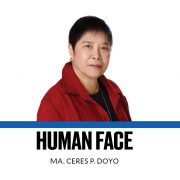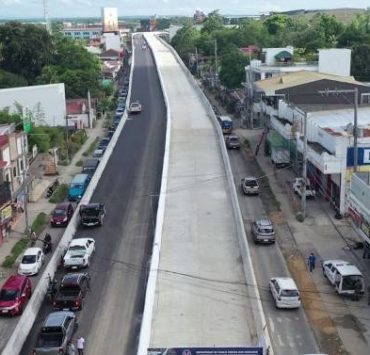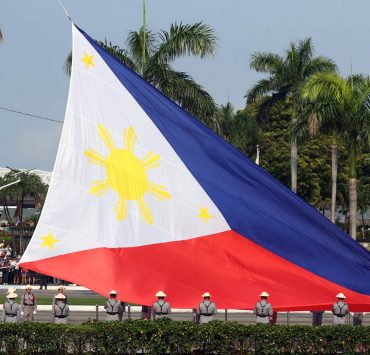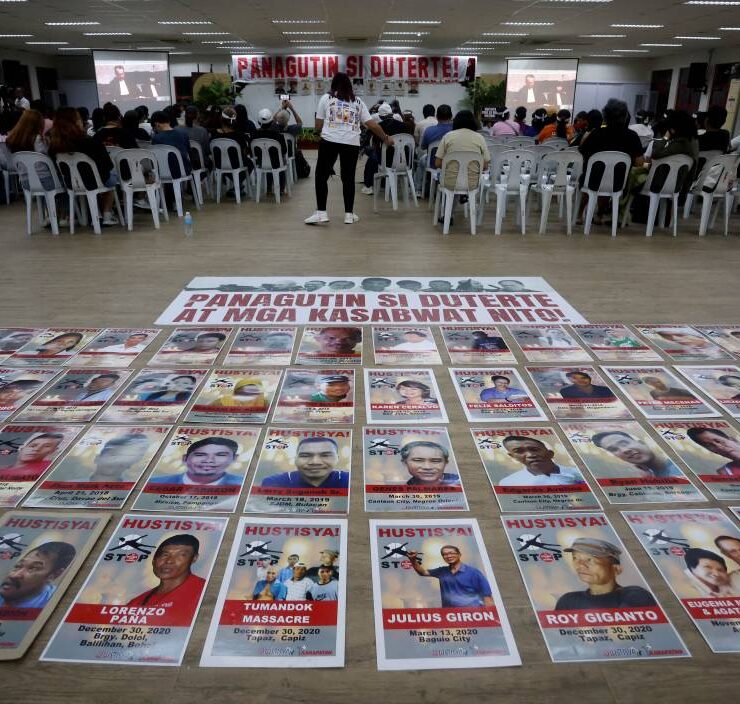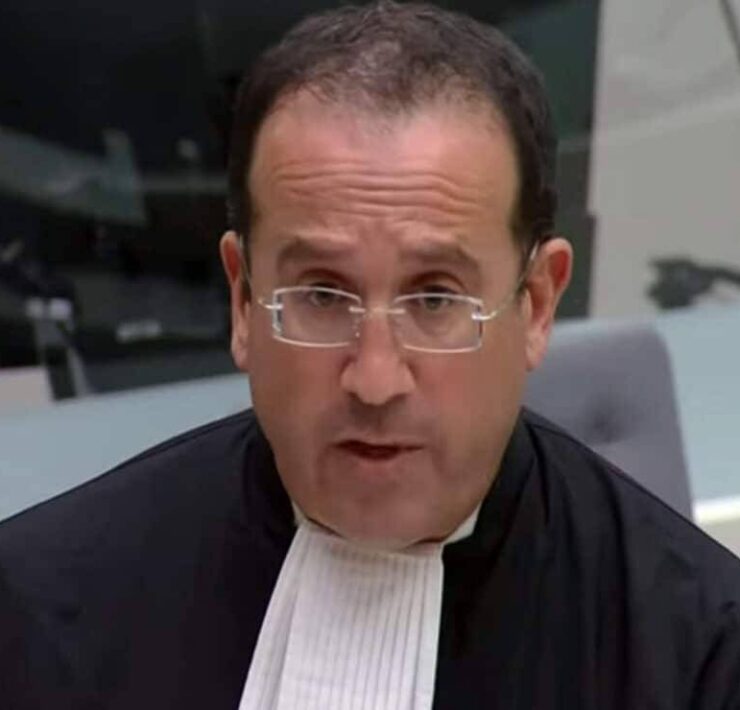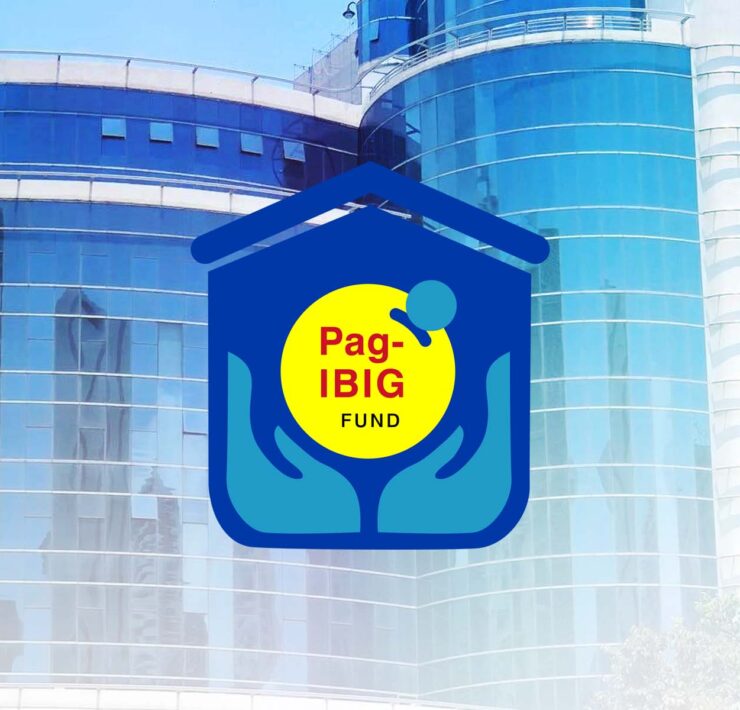Struggle for Church unity

Like many Filipino Catholics who were born into and raised in the faith, I grew up learning that excommunication is a rare and severe measure reserved for the gravest offenses.
So despite being updated about the issue, it still came as a shock last Friday when the Vatican officially excommunicated Archbishop Carlo Maria Viganò on charges of schism, citing his “refusal to recognize and submit to the Supreme Pontiff, his rejection of communion with the members of the church subject to him, and the legitimacy and magisterial authority of the Second Vatican Council.”
The former highly respected Vatican diplomat (he was papal nuncio to the United States) has become a divisive figure for his harsh criticism of Pope Francis and allegations that have triggered controversy and debate. In 2018, Viganò released an 11-page letter asking Pope Francis to resign, accusing him of being involved in a systemic cover-up of the sexual abuses of former cardinal Theodore McCarrick.
However, many Vatican experts and journalists noted the inconsistencies in his testimony. Pope Francis not only approved McCarrick’s guilty verdict and ordered his laicization, but he also authorized a thorough examination of Vatican archives into how the cardinal advanced through church ranks despite the allegations.
As some have observed, if Viganò’s concern was genuinely about the cover-up, then the target of his complaint should have been Pope John Paul II, who had promoted McCarrick three times. Instead, the move seemed more like a strategic effort to damage Pope Francis’ reputation and put his authority into question.
Viganò’s statements have become even more inflammatory in recent years. During the pandemic, he denied the existence of COVID-19 and labeled the Vatican’s pro-vaccination stance as a “satanic action against God.”
Viganò defied the Vatican’s summons to appear at disciplinary proceedings, claiming he did not believe in the legitimacy of the institution behind it. He has publicly called Pope Francis a heretic, schismatic, and a false prophet.
According to Viganò, although the Pope proclaims himself Catholic, his faith is different from what has been constantly taught for 2,000 years, concluding that he “does not represent the true Church of Christ.” Viganò also said it was “an honor to be accused of rejecting the error and deviations” implied by Vatican II.
Excommunication bars a person from receiving the sacraments of the Church. Schism is regarded as a grave canonical offense and automatically incurs the penalty of excommunication because it jeopardizes the Church’s unity, going against Christ’s will for his Church to be one. Some of Viganò’s online sympathizers have labeled him a martyr and expressed a desire to be excommunicated as well, illustrating schism’s power to cause turmoil and instability.
This conflict ties into the challenges faced by the Church in navigating how to stay relevant to contemporary life and the experiences of the faithful while rejecting the influences of subjectivism and moral relativism ingrained in modern society.
In Evangelii Gaudium (The Joy of the Gospel), Pope Francis stressed that conveying the heart of the Gospel and emphasizing a personal encounter with Jesus Christ will enable the Church to meet the present needs of evangelization.
He called out those who “feel superior to others” because they stubbornly cling to a “Catholic style from the past.” Pope Francis has made pastoral action the mark of his papacy—seeking to bring Christ’s love to others through a missionary Church “whose doors should always be open,” particularly to those marginalized, suffering, and estranged from the Gospel.
While many Catholics, including myself, have welcomed this seemingly more compassionate and more humble Church, others find his approach too liberal and have questioned how some of his comments on issues like gender and divorce do not align with Catholic doctrine or have caused confusion among laypeople.
Dissenting voices are essential in any organization, including the Church, because they keep leaders in check and hold those in power accountable.
However, there is a big difference between questioning the Pope’s words and actions and questioning the legitimacy of his authority and appointment. The former seeks clarity and correction, while the latter aims to undermine the Pope and the Church maliciously.
It is important to note that excommunication is considered a “medicinal penalty.” The aim is not to permanently expel the schismatic but to correct and invite the person to repent and restore them to full communion.
For a layperson like me, this event is hard proof of a “divided Church,” and it is quite jarring to witness whether you agree with the decision or not. I pray for the Church and its leaders. I pray for Viganò’s repentance and for him to take a step toward a more constructive rather than schismatic path.
I pray that my faith and the faith of my fellow laypeople will always be centered on Christ. In this time of division, may we all seek paths that promote unity, dialogue, and understanding within our sacred community.













